Idaho’s Truth in Taxation Experiment
14 Sep 2020, by Seth Grigg Share :Since the late 1970’s Idaho has experimented with various property tax budget caps, including truth in taxation. The Idaho Legislature established Idaho’s version of truth in taxation in 1993. The law was in place for two years before being replaced by the current 3% cap on annual property tax budget increases. Under Idaho’s version of truth in taxation, a taxing district was required to notify property taxpayers if the taxing district’s property tax budget increased by more than 5% or if the district’s net levy rate increased by any amount. No truth in taxation notice or hearing was required if the district’s property tax budget increased by less than 5% and the net levy rate was less than the prior year’s net levy rate.
Under Idaho’s truth in taxation law, a taxing district could increase its budget by more than 5% if it provided notice to the public (via publication in the newspaper) and held a public hearing. The newspaper publication was advertised as a “notice of tax increase.” The notice was required to run once each week for two consecutive weeks. Only following notice and public hearing could a taxing district increase its budget by more than 5% or increase its net levy rate above the previous year’s levy rate. During this time, new construction and forgone property taxes did not exist and most districts (excluding highway districts and school districts) were not allowed to seek voter approval for override levies.
Idaho’s version of truth and taxation was repealed after two years. Upon repealing truth in taxation, the Idaho Legislature established the current 3% cap on annual property tax budget increases. At this time the Legislature also established Idaho’s forgone property tax and new construction laws.
Other states like Utah have enacted their own versions of truth in taxation. In Utah, certified tax rates (levies) float up and down each year and guarantee a taxing district the same amount of property taxes levied in the prior year. Growth from new construction is added to the prior year base amount. Other than growth from new construction, taxing districts in Utah cannot increase their base property tax budget without first holding a truth in taxation sharing, including notice of a tax increase to taxpayers within the district. Other than truth in taxation notice and hearing requirements, there are no other budget or levy caps imposed on Utah local units of government.
While Idaho abandoned truth in taxation in the mid-1990s, the topic of transparency in local government budgeting is being explored by the Idaho Legislature’s Property Tax and Revenue Expenditure Study Committee. In addition to exploring various uniform budget reporting requirements, the Study Committee is also exploring truth in taxation. It is unclear what, if any, legislation will be introduced; however, the Study Committee is scheduled to meet on Friday, September 18, 2020 at 9:00 am MDT to continue its discussion on local government budget transparency. The meeting agenda, along with information on how to view the meeting remotely, will be emailed out to the IAC membership once it is available.






